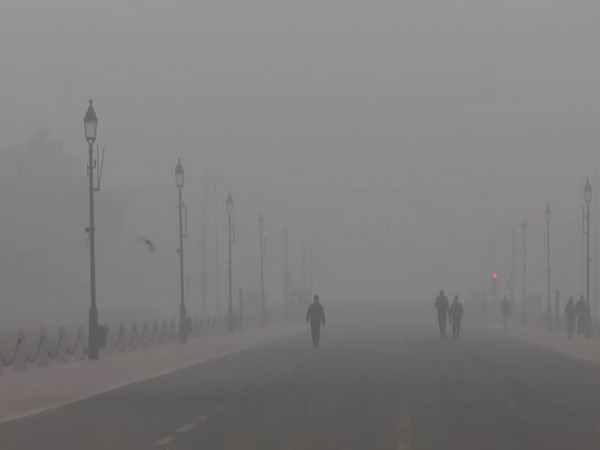Virtual Classes and GRAP Stage IV Measures Enforced Amid Delhi's Pollution Crisis
As Delhi grapples with hazardous air quality, JNU shifts to online classes while the Supreme Court enforces strict GRAP Stage IV measures. Gurugram suspends physical classes amid rising AQI concerns, with NCR states ordered to file compliance reports to combat severe pollution levels.

- Country:
- India
Amid deteriorating air quality, the Jawaharlal Nehru University (JNU) has moved classes online until November 22, citing severe pollution levels in Delhi and the National Capital Region (NCR). The Deputy Commissioner's Office in Gurugram, Haryana, aligning with directives from the state's Director of Secondary Education, announced the suspension of all physical classes up to the 12th grade in the district from November 19 to 23, or until further notice due to hazardous AQI readings.
Air quality has plummeted in major cities like Mumbai and Delhi, as well as across northern India, reaching 'severe' levels and intensifying health risk concerns. In a decisive move, the Supreme Court on Monday instructed Delhi and NCR states to enforce GRAP Stage IV anti-pollution measures rigorously, given the sustained 'severe' air quality ratings.
A bench, including Justices Abhay S. Oka and Augustine George Masih, mandated the formation of compliance monitoring teams. The court decreed the continuation of GRAP Stage IV actions, even if AQI falls below 450, and required all NCR states along with the central government to file compliance affidavits. This ruling was prompted by a sharp increase in Delhi's AQI, peaking at 457 on Sunday evening, triggering an emergency GRAP Sub-Committee meeting. The GRAP implements structured, severity-based anti-pollution strategies across the national capital and surrounding areas.
(With inputs from agencies.)










